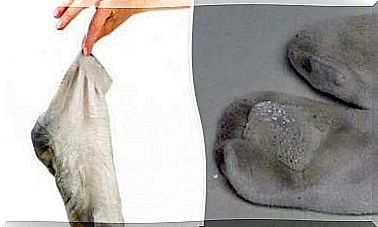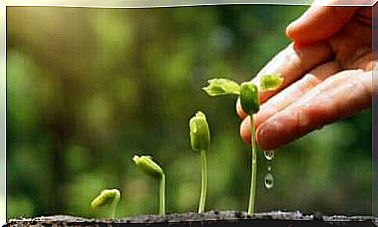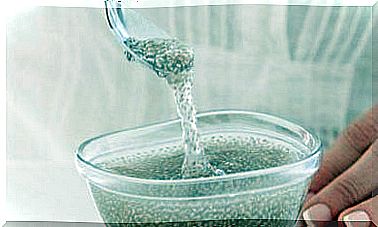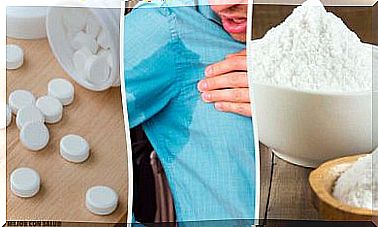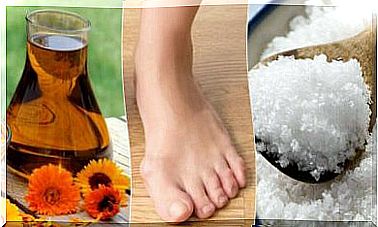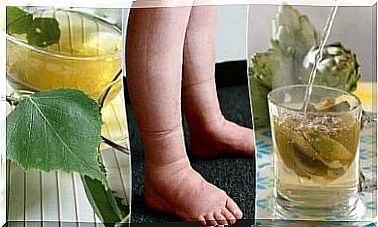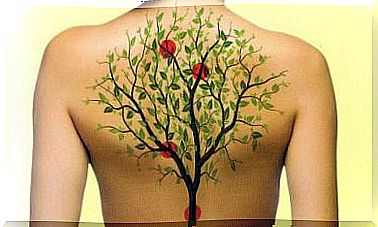Minerals And Vitamins For Depression

When depression is severe or chronic, it can be difficult to treat. The first symptoms of depression should be taken seriously, because the sooner depression is treated, the better it becomes. When you feel sad, anxious, exhausted, or suffer from other negative emotions for a long time, it is important to try to find out the origin of the emotions and start treating depression as soon as possible.
In this article, we want to discuss the importance of vitamins and minerals in treating mood and fighting depression, as certain vitamins and minerals significantly improve mood and have a positive effect on vitality and energy levels. By enjoying the right ingredients, you will feel happy, calm and satisfied.
vitamin C
Vitamin C plays an important role in the functioning of the natural resistance, but in addition to this, vitamin C affects the functioning of the nervous system. Vitamin C deficiency can quickly lead to exhaustion and apathy. If you don’t get enough vitamin C from your food, it can even lead to depression in the long run.
It is a good idea to increase the amount of vitamin C in your diet, especially if you are currently experiencing intense physical or mental stress, as it will help prevent negative moods.
The best way to enjoy vitamin C is to eat citrus fruits such as orange, lemon, mandarin, grapefruit and lime. Remember to buy organic fruit whenever possible. Fruit peels can be used to make tea extracts and other useful treatments.
Examples of foods high in vitamin C include:
- Guava
- Cranberry
- Kiwi
- Raspberry
- Red pepper
- Broccoli
- Spinach
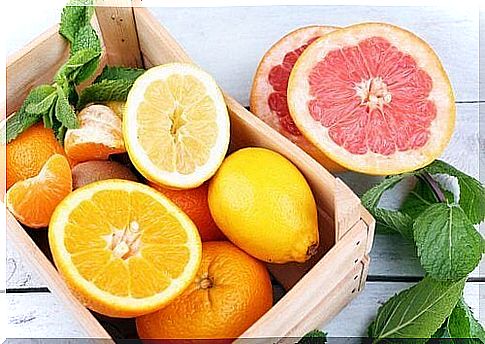
Vitamin B6
Vitamin B6, or pyridoxine, is responsible for controlling mental symptoms such as anxiety and depression. Vitamin B6 deficiency can lead to irritability and other negative emotions, and when you add it to your diet, you may rightly be shocked at how much better your condition will become.
Vitamin B6 is obtained from the following foods:
- Chicken
- Fish
- Banana
- Potato
- Beans
- Whole grain
The best way to get a daily dose of vitamin B6 is to add a dose of dark rice or oats to meals; replace these with wheat bread.
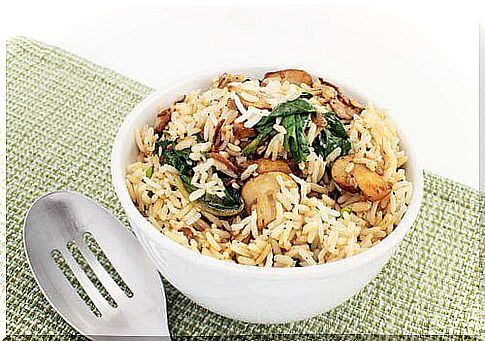
Folic acid
Many studies have highlighted the link between depression and vitamin B9, or folic acid deficiency. According to research, low levels of folic acid in the body can slow down the production of serotonin, which in turn has a direct effect on mood.
In addition, folic acid has a direct effect on stress and feelings of grief, and folic acid can effectively prevent and alleviate these sensations and their symptoms.
You get the best folic acid from the following foods:
- Cattle, chicken and turkey
- Green leafy vegetables such as spinach and kale
- Whole grains
- Asparagus
- Melonite
- Avocado
- Orange
- Banana
Zinc
Zinc is an important part of central nervous system function and brain neurotransmitter function. Indeed, zinc deficiency can lead to depression, fatigue and other problems.
Zinc deficiency can also cause loss of appetite, hair loss, and impaired resistance, which predisposes the body to inflammation. It is advisable to increase the amount of zinc in the diet, especially if the depressive symptoms are related to changes in the hormonal function of menopause, as zinc helps to balance hormone levels.
You get the best zinc from these:
- Seafood
- Fish
- Meat
- Walnut
- Pumpkin seeds
- Sesame seeds
- Wheat germ
- Whole grains
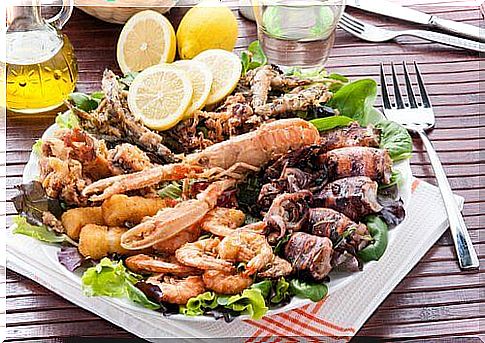
Magnesium
Magnesium is important for mental and physical performance, and magnesium corrects e.g. muscle damage. Magnesium helps control central nervous system function and prevents insomnia, anxiety, overactivity, panic attacks, phobias, stress and depression.
Today’s diet is easily deficient in magnesium, as food production patterns have changed dramatically over the decades.
Magnesium is best obtained from these foods:
- Seafood
- Milk and cheese
- Caviar
- Red meat
- Pumpkin seeds
- Northern tail
- Quinoa
- Green leafy vegetables
We recommend taking magnesium as a dietary supplement as directed by your doctor.

